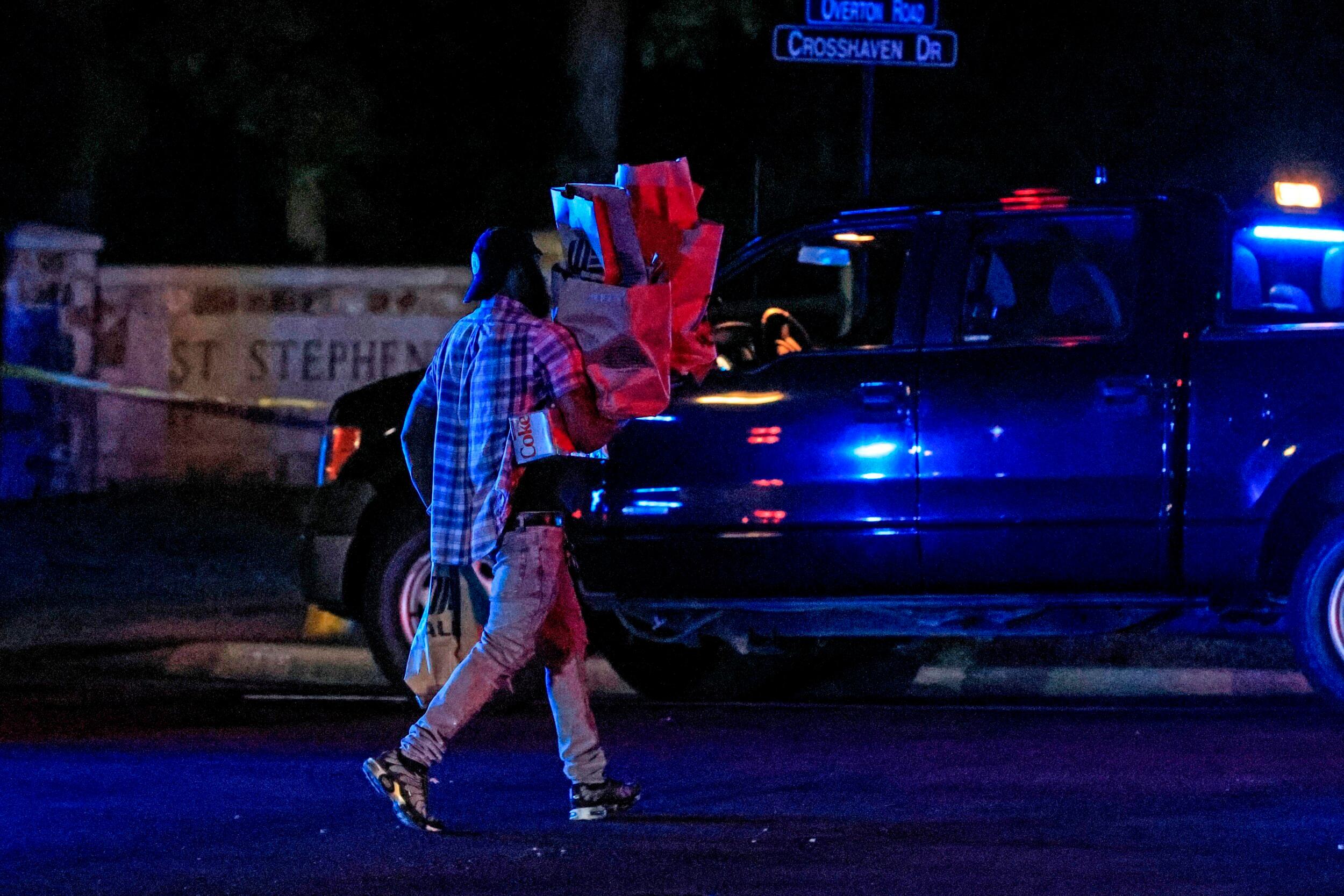Churches across the state are looking to heighten their security in light of the recent shooting in Vestavia Hills
On June 16, a 71-year-old man entered a “Boomer’s potluck” at St. Stephens Episcopal Church. At some point in the evening, the shooter produced a handgun, shot, and killed three people before being subdued by another attendee.
See also: Vestavia church shooting: what we know.
One Alabama company specializing in church security has become flooded with calls in the wake of the deadly shooting at St. Stephens.
Central Alabama Firearms Training (CAFT) specializes in multiple avenues of security, including church security, basic handgun, first aid, active shooter response, and others.
Scott Recchio, the owner and primary instructor of CAFT, said the company had been inundated with calls from citizens concerned with church security.
According to Recchio, church security starts before a potential shooter arrives in the assembly, making it the responsibility of any security team to detect potential threats.
“My whole focus is keeping those individuals out of the sanctuary or public area,” Recchio said. "I want to keep them out of there.
“I know a lot of groups believe having armed security is the priority. I don’t believe that; that is not what we stress in our training. We stress that situational awareness [is] to recognize behaviors that are out of the ordinary. Because humans are humans, we give off signals. We give off movements; we have tells.”
Recchio acknowledged that churches have a unique quandary regarding security since churches strive to be welcoming environments that take in all manner of individuals. He believes there are ways in which churches can continue to welcome visitors without compromising security, so long as there is some situational awareness on behalf of the security team.
“You can be welcoming and still be a little inquisitive,” Recchio said. "If you have homeless people coming in there, you don’t know what’s on them. You don’t know what’s in their bags. You don’t know what you’re bringing into your facility. You don’t need to interrogate them and treat them like a suspect that the cops just stopped, but have a procedure.
“The Lord wants you to be open and to help, but he doesn’t want you to die doing it. If I can stop a violent person from hurting an innocent person, to me, that is as righteous as opening my doors up to the needy. “
Recchio said the way to deal with potential threats is to maintain vigilance in noticing people and things that “feel wrong” and to trust those instincts.
“I’ve told this to my children, ‘trust your instincts," said Recchio. "If you see something that is wrong or out of place or doesn’t fit, you are probably correct; address it and address it early, so it does not become a problem later.”
In many church shootings, the shooter has come in carrying a bag or having oversized bulky clothing to conceal weapons. In Recchio’s professional opinion, church security teams need to have a plan to offer assistance to suspicious individuals visiting a church. Using friendly tactics to separate a potential shooter from any weapons he may have is also paramount.
“If they are bringing in a bag, say, ‘Hey, that looks heavy, can we help you with that?’” Recchio said. “If it’s summer and they’ve got on a long-sleeved coat, ask them, ‘Can we take that coat? You look hot.’ Use common decency to get people to do what you want them to do.”
There has been an average of one church shooting per year since the beginning of the new millennium.
According to Lifeway Research, since the Columbine school shooting on April 20, 1999, 23 fatal church shootings have occurred. The deadliest was at First Baptist Church in Sutherland Springs, Texas, with a total of 26 deaths. Some years have seen more than others, but there have already been four fatal shootings in 2022.
“I never want to let something I don’t know into a sanctuary that’s filled with people from eight days old to 88 years old because those are defenseless people that are coming there with no ill intent,” Recchio said. “My job is to make sure that they have a peaceful, welcoming environment. …So I’m going to inconvenience one to save many, and I hate that I have to think that way, but the world has gotten crazy.”
The St. Stephen’s shooter is alleged to have arrived alone and refused to sit with other attendees at the potluck before opening fire, all signs that Recchio states should be red flags for observers.
“I think the man that stopped the assault should have praise heaped upon him because he did exactly what I would do," Recchio said. "I would not leave his side. I would not pester him, but I would be close enough to say, 'Any action he takes that is abnormal, I may not confront him, but I’m going to talk to him.''
Recchio said that, in light of the recent shooting, CAFT would offer a free seminar to help businesses and churches respond better to similar scenarios. The Civilian Response to Active Shooter events will be on multiple dates and locations and will teach the basics of situational awareness, identifying the pre-assault identifiers, and more.
“It’s going to be a less than four-hour seminar. We will come in, free of charge,” Recchuio said. “I don’t want to profit off of this; I really don’t. I just think that my group has maybe some institutional knowledge we can share and that knowledge is priceless. I’m not looking to make money off this. I want people safe.”
To connect with the author of this story, or to comment, email craig.monger@1819news.com.
Don’t miss out! Subscribe to our newsletter and get our top stories every weekday morning










